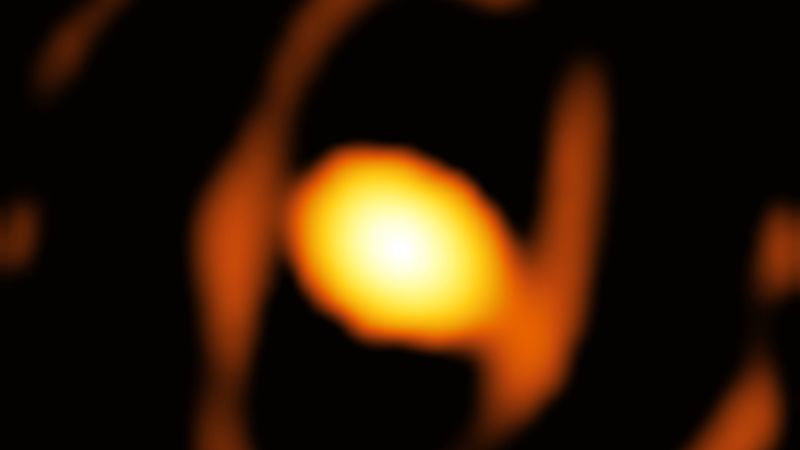
Electric Propulsion Systems
Electric Propulsion Systems are a type of spacecraft propulsion that use electrical energy to accelerate propellant to generate thrust. These systems use electric power from solar panels or nuclear reactors to ionize propellant, which is then accelerated by an electric field to produce thrust. Electric Propulsion Systems are more efficient than chemical propulsion systems, but they provide lower thrust. They are commonly used in long-duration missions, such as deep space exploration, where their high efficiency compensates for their low thrust. There are several types of Electric Propulsion Systems, including Electrostatic Thrusters, Electromagnetic Thrusters, and Electrothermal Thrusters.
Your Previous Searches
Random Picks
- Gain: In space and astronautical engineering, gain refers to the increase in signal power or amplitude from an input to an output of a system. It is a measure of the amplification of a signal by an electronic system. Gain is an important paramete ... Read More >>
- Gas Chromatography: Gas Chromatography (GC) is a technique used to separate and analyze volatile compounds in a gaseous state. It involves the injection of a sample into a heated inlet, where it is vaporized and carried by an inert gas through a column contain ... Read More >>
- System Constraints: In the context of aerospace engineering, system constraints refer to the limitations or restrictions that are imposed on the design, development, and operation of aerospace systems. These constraints can be physical, such as the weight, siz ... Read More >>
Top News

First close-up image of a star beyond our galaxy may reveal impending supernova...
Astronomers have taken the first close-up image of a star beyond our galaxy, and it’s a “monster star” surrounded by a cocoon as it slowly dies....
News Source: CNN on 2024-11-21

Bestselling author explains the science of happiness: "You can do the work"...
Bestselling author and Harvard professor Arthur Brooks opens up about how enjoyment, satisfaction and meaning in life can increase a person's wellbeing....
News Source: CBS News on 2024-11-18

November's full moon, known as the Beaver Moon, is the last supermoon of 2024. H...
November's full moon, known as the Beaver Moon, is the last supermoon of 2024. Here's when it peaks and why it's called the Beaver Moon....
News Source: CBS News on 2024-11-15

You can't put a price on the sense of awe particle physics inspires...
Astronomy and particle physics are no longer seen as vital by the US establishment, so funding has fallen. But our work creates a sense of wonder, and wonder matters, says Chanda Prescod-Weinstein...
News Source: New Scientist on 2024-11-13

If you want to stretch your gift game into days this holiday, check out these ad...
The advent calendar phenomenon is growing every year, with so many exciting, fun, beautiful, and delicious options available...
News Source: ABC News on 2024-11-04